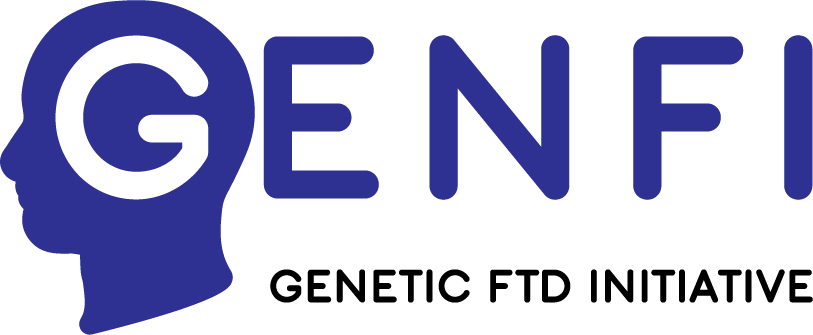The Spring GENFI Participant Webinar – May 2024
We are excited to share a summary of our inaugural GENFI Spring Webinar, held in May 2024. The event brought together GENFI participants from across Europe and Canada, providing an overview of the ongoing research being conducted across the sites. The aim of the webinar was to provide a broader picture of our research efforts, explaining why each type of data is collected as part of the GENFI study, and the research findings from these.
See below for a summary and recording of each session. Or, to watch the webinar and Q&A session in full, click here and use passcode fo$$=3z&.
Dr Jackie Poos kicked off the webinar by discussing why neuropsychology assessments are collected as part of a GENFI visit, describing how they allow us to identify subtle changes in cognition.
Next, Dr Rhian Convery explored the innovative digital technologies being used to assess and monitor participants. These tools allow us to gather data more efficiently, frequently, and passively, to provide a more detailed understanding of disease progression.
Our third presentation, delivered by Dr Aitana Sogorb-Esteve, delved into the analysis of blood and spinal fluid samples. She explained how these samples are used to identify markers that are essential for early diagnosis and tracking disease progression.
Dr Simon Ducharme covered the reasons behind the use of brain imaging scans in GENFI research, describing how they can help to visualise and understand the structural and functional changes in the brain that are associated with disease.
Dr Jackie Poos then returned to highlight the efforts being taken in GENFI to promote equality, diversity, and inclusion within our studies to ensure our findings are applicable to a broader population range.
Our next session was hosted by Professor Caroline Graff, who provided an update on the ongoing and upcoming clinical trials in frontotemporal dementia and other related dementias. The talk aims to provide insights into the current state of therapeutic research and what the future holds for potential treatments.
Linde Jacobs then introduced Cure MAPT FTD, an organisation created to raise awareness of MAPT associated FTD and advocate for MAPT families.
The final talk of the webinar was an introduction to the GENFI neurodevelopmental study, referred to as GENFI-NeuroDev. This is an extension of the GENFI study, recruiting youths aged 9-17 years old who have a first-degree family member enrolled in the main study. Dr Liz Finger describes the earliest changes that have been identified in younger cohorts previously, as well as the aims of the project.
